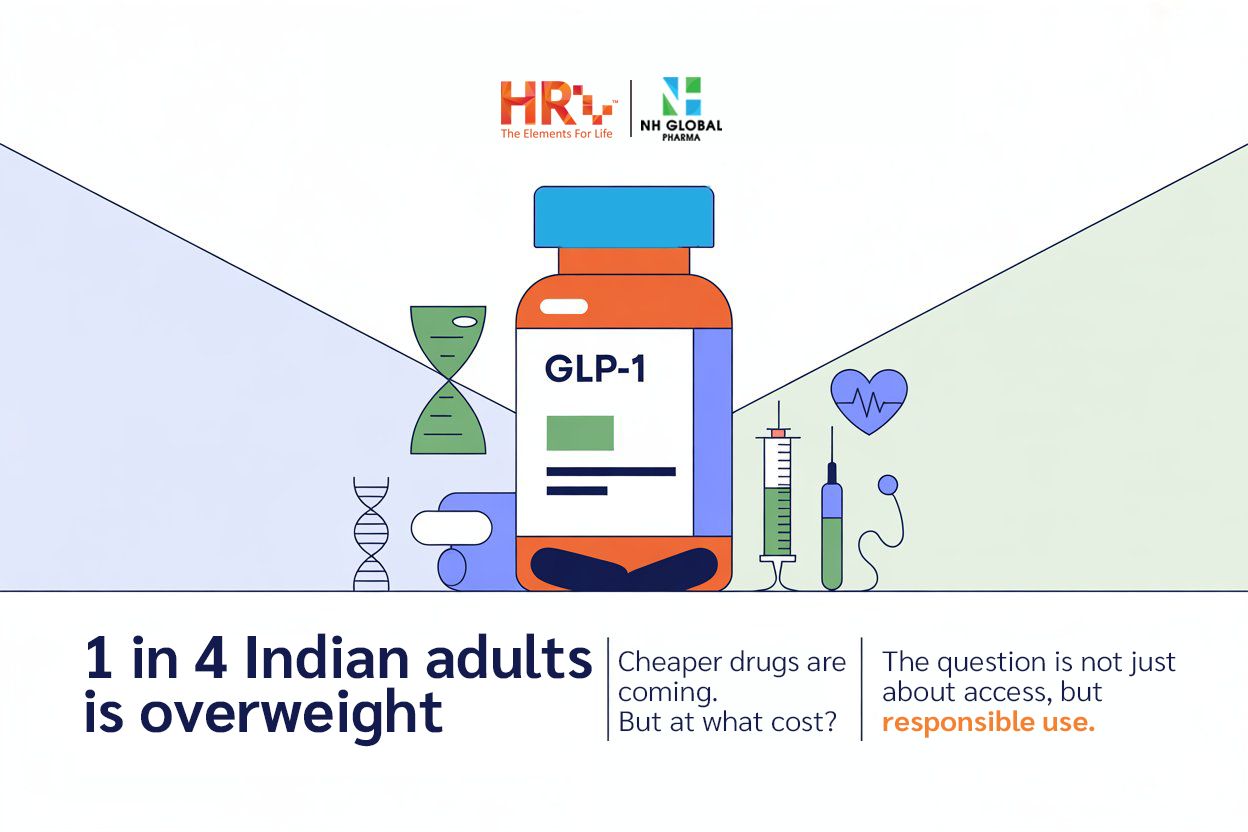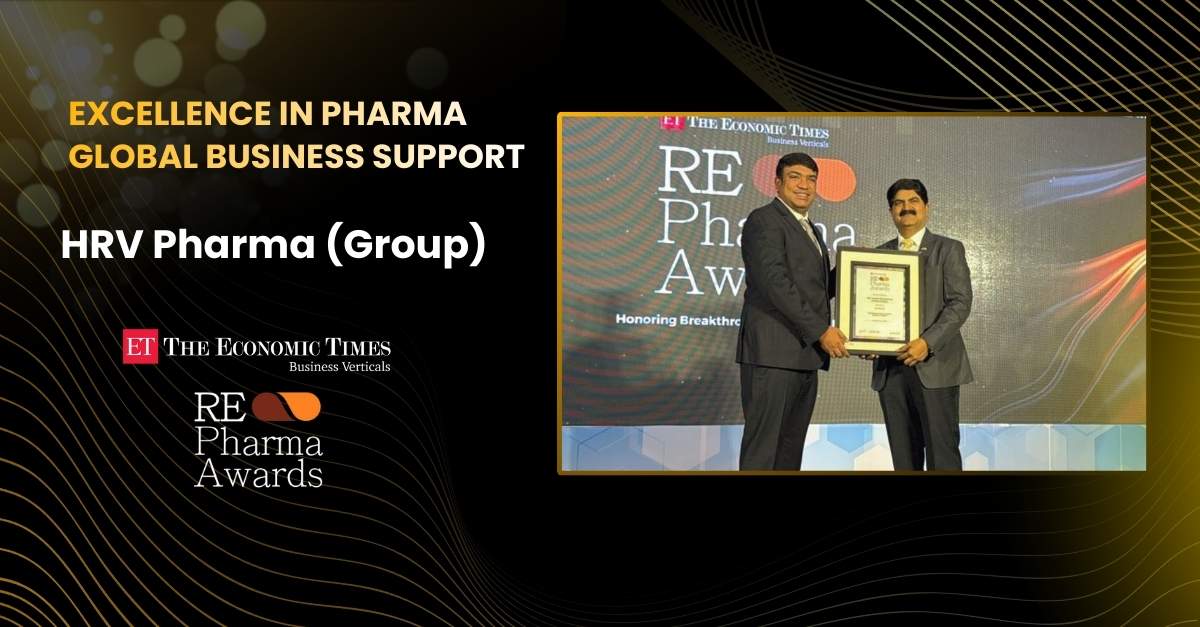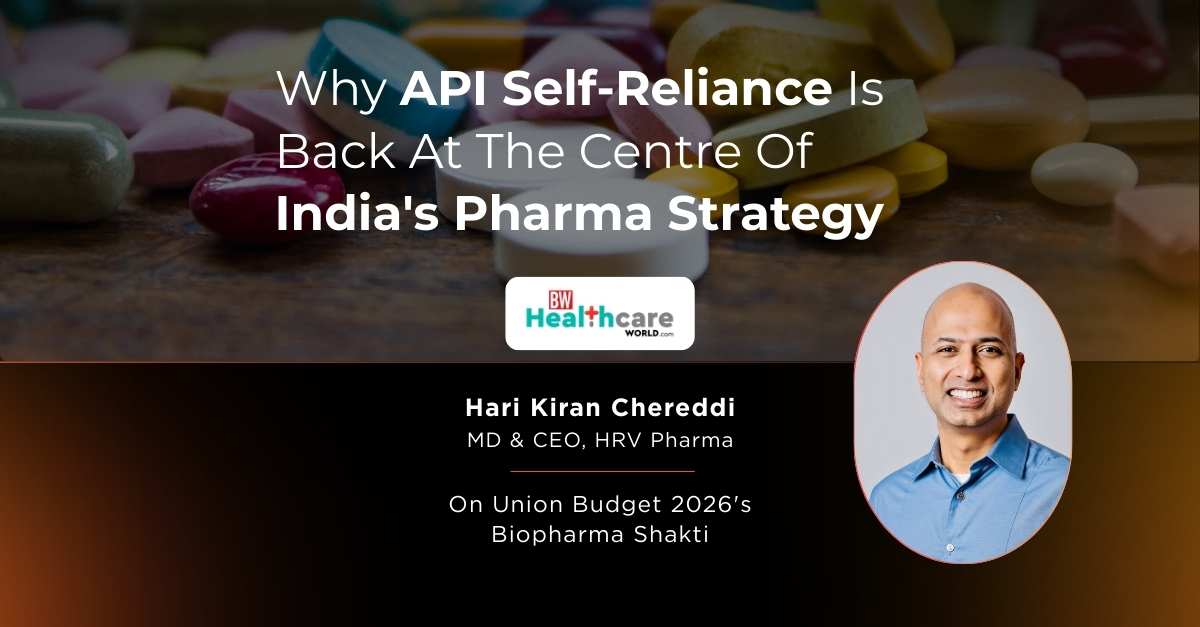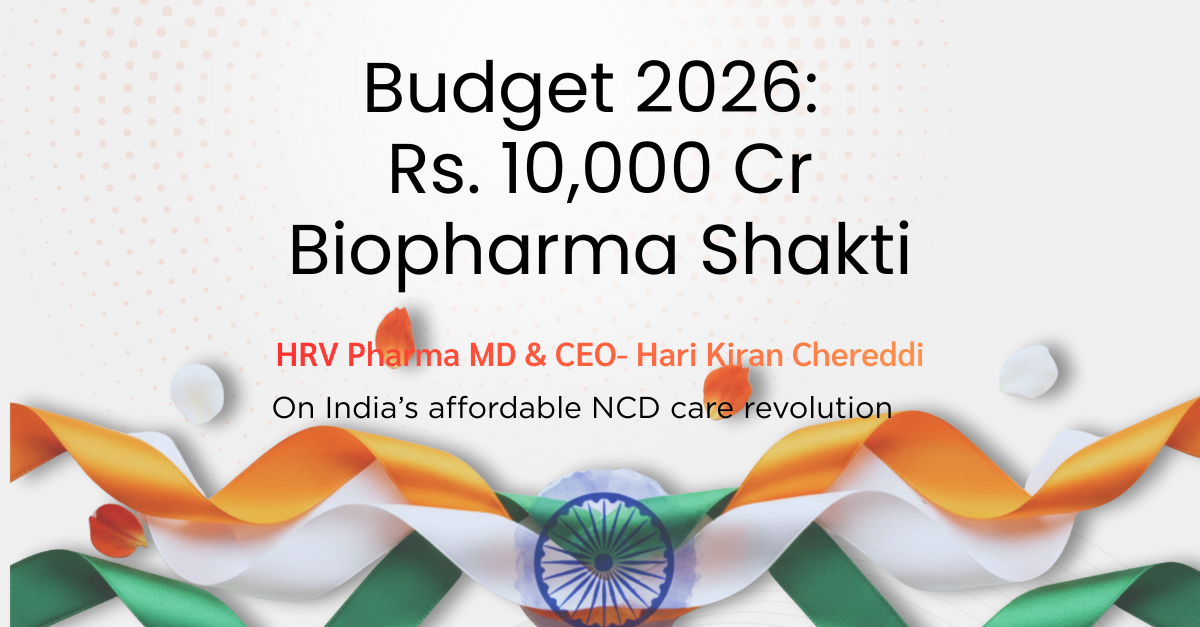India stands at a critical healthcare crossroads. With over 40% of adults now overweight or obese, this represents one of the nation's most significant public health challenges.
In March 2026, the patent for semaglutide, the active ingredient in weight-loss drugs like Ozempic and Wegovy, will expire. This "patent cliff" could slash prices by up to 90%, bringing monthly costs down to ₹3,000–₹6,000, making GLP-1 drugs accessible to India's middle class for the first time.
The Promise: Transformative Healthcare Potential
GLP-1 drugs offer benefits extending far beyond weight loss. These medications can reduce HbA1c levels, improve diabetes control, and even lower cancer and cardiovascular risks associated with obesity. For a country with 101 million diabetes cases, this accessibility could be genuinely transformative.
The Warning: Lessons from Past Drug Misuse
However, Hari Kiran Chereddi, MD & CEO of HRV Pharma & New Horizon Global Pharma (NHG Pharma), raises critical concerns about potential misuse:
"India's track record with drug misuse (think antibiotics) is a red flag. The status of GLP-1s as the newest fashion for rapid weight loss will drive unsupervised use in the beauty and fitness markets if not regulated."
Hari Kiran Chereddi, MD & CEO of HRV Pharma & New Horizon Global Pharma
India's experience with antibiotic misuse demonstrates that this risk is genuine and requires proactive prevention strategies.
The Challenge: Infrastructure and Safety Concerns
These medications carry significant side effects including nausea, hypoglycemia, and potentially serious conditions like pancreatitis, requiring specialist supervision for safe administration.
India's obesity-care infrastructure remains fragmented, with limited clinics offering integrated nutrition, psychological, and lifestyle support outside major metropolitan areas. This gap between drug availability and proper healthcare infrastructure creates substantial safety risks.
The Way Forward: Systematic Safety Implementation
The difference between breakthrough healthcare advancement and public health breakdown depends on implementing robust systems:
- Maintaining prescription-only status for GLP-1s with strict enforcement mechanisms
- Expanding specialist networks and comprehensive patient support systems
- Training healthcare providers for safe prescribing protocols and patient monitoring
- Building public awareness campaigns to prevent misuse in beauty and fitness markets
The Bottom Line: Responsible Implementation
Cheaper obesity drugs are inevitable with the approaching patent expiry. However, whether they genuinely improve India's health outcomes depends entirely on the regulatory and healthcare systems built around their accessibility.
Handled responsibly through proper medical supervision and infrastructure development, these medications could significantly impact India's obesity and diabetes crisis. Handled poorly without adequate safeguards, they risk creating new public health complications.
Critical Window for Action
The opportunity to establish proper frameworks for safe GLP-1 drug access exists now, before widespread availability begins. Proactive planning and infrastructure development during this period will determine whether these medications become tools for health improvement or sources of new healthcare challenges.
For companies with strong regulatory compliance and healthcare partnerships, this represents an opportunity to emerge stronger, more responsible, and better positioned in the evolving global pharmaceutical landscape.
Read the complete analysis: Will Cheaper Obesity Drugs Actually Make India Healthier? - India Today
